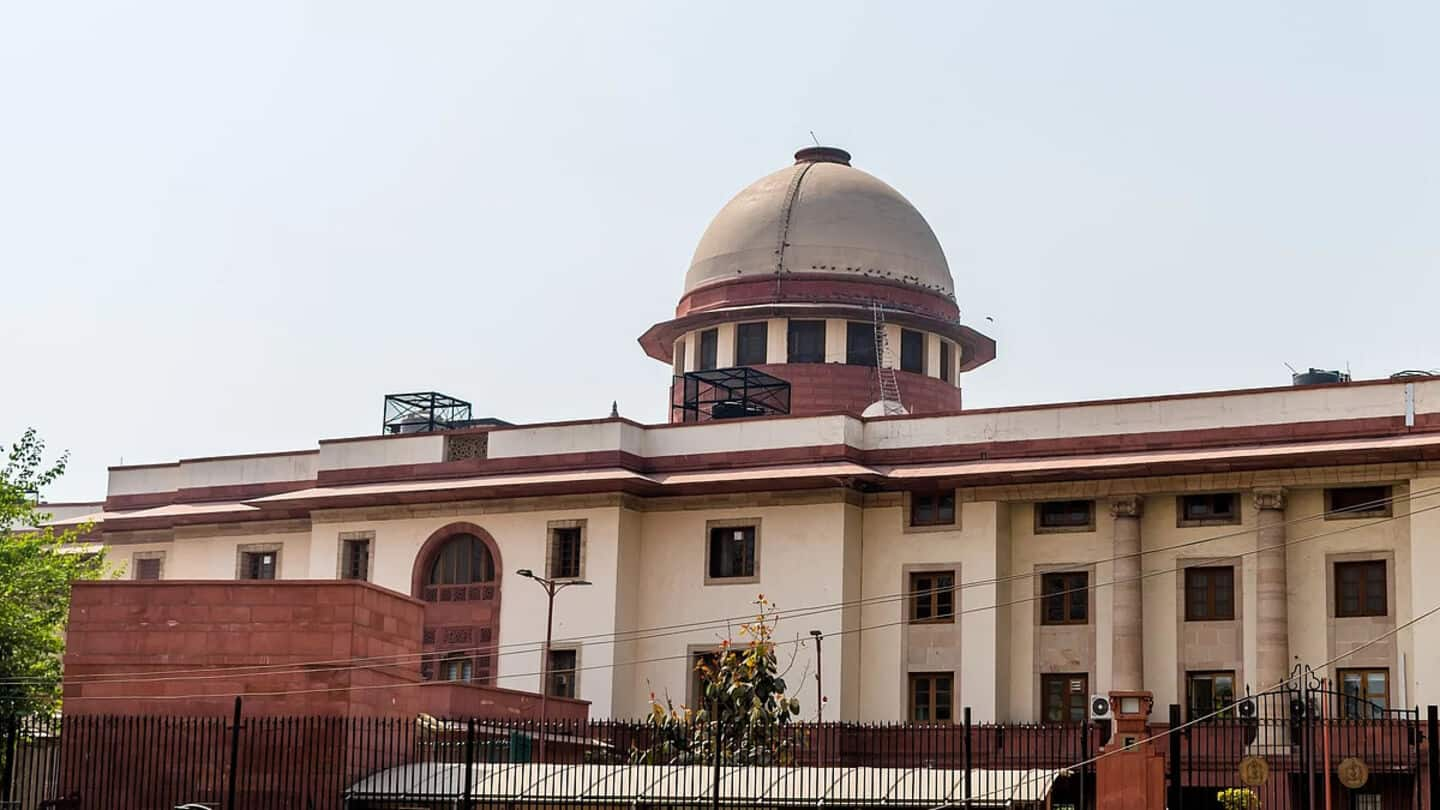
'Constitutional chaos': Centre opposes SC's bill clearance timeline order
What's the story
The Indian government has opposed a Supreme Court order mandating timelines for the President and Governors to clear bills. The April order by Justices JB Pardiwala and R Mahadevan set a three-month deadline for the President and one month for Governors. The government argued that imposing such timelines would disrupt the separation of powers, leading to "constitutional chaos."
Legal argument
Mehta says judicial intervention shouldn't diminish Governor's office
Solicitor General Tushar Mehta argued that even under Article 142's extraordinary powers, the Supreme Court can't "amend the Constitution" or go against its makers' intent. He emphasized that any issues with the assent process shouldn't lead to diminishing the Governor's office. Mehta stressed these offices are "politically complete" and represent higher democratic ideals, adding alleged lapses should be resolved through political and constitutional mechanisms, not judicial intervention.
Court directive
Supreme Court's April order on bill clearance
The Supreme Court had issued the April 12 order in a case concerning Tamil Nadu, seeking to regulate the assent process. The court directed that constitutional heads follow a timeline for clearing pending bills. President Droupadi Murmu later questioned this order's constitutionality, asking the Supreme Court for its opinion on powers under Articles 200 and 201.
Presidential reference
Supreme Court to hear case from August 19
In July, a bench led by Chief Justice of India BR Gavai scheduled hearings on the President's questions. The five-judge bench will hear the case starting August 19. This comes after the Centre and states were asked to submit written submissions by August 12. The outcome of these proceedings could have significant implications for the balance of power between legislative and constitutional authorities in India.